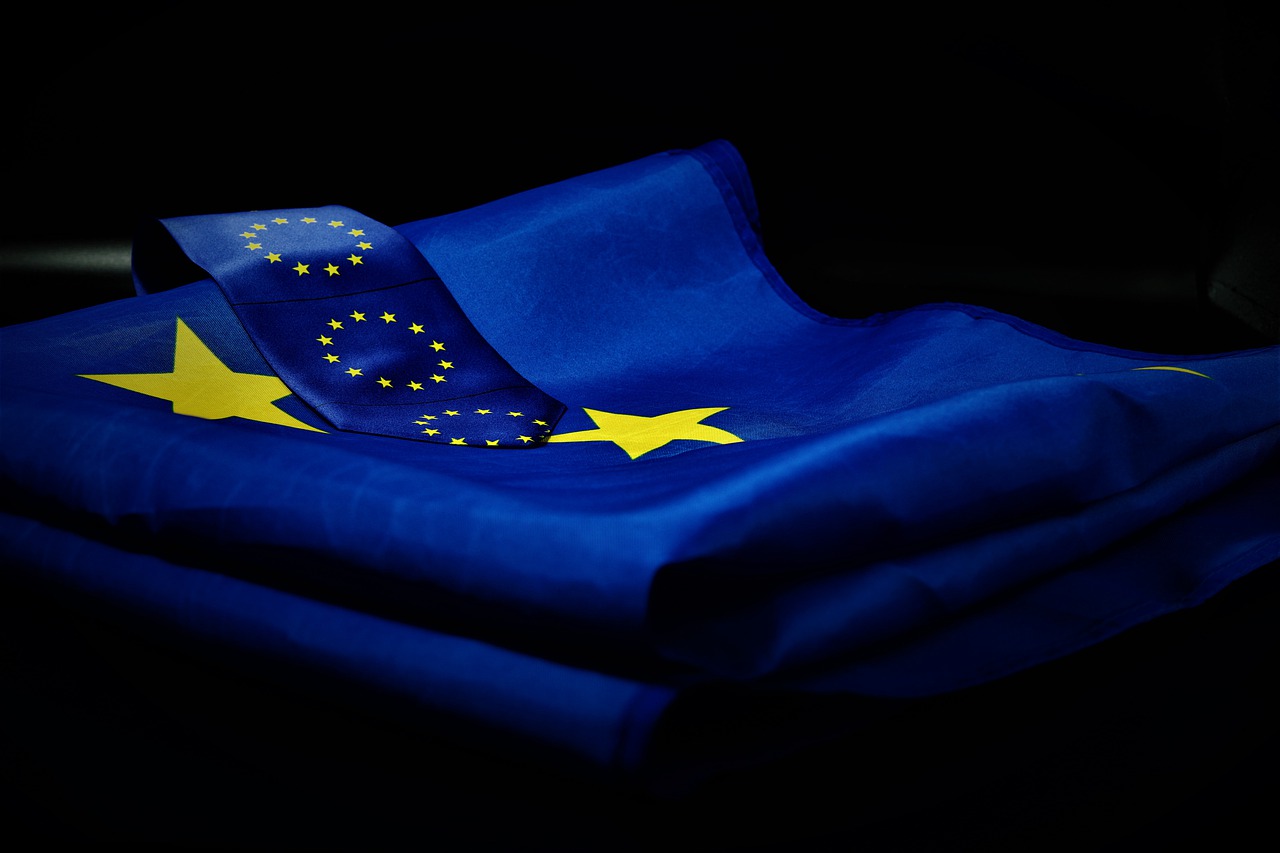The crisis in the Middle East, the Russia-Ukraine war, ailing economies, ill and disenfranchised populations, and the migration polemic are all taking their toll on the corner of the world known as the European Union.
 According to specialist finance institutions, suspending a considerable proportion of its trade ties with Russia, including a boycott on energy imports, has left the EU bloc with losses of €1.5 trillion.
According to specialist finance institutions, suspending a considerable proportion of its trade ties with Russia, including a boycott on energy imports, has left the EU bloc with losses of €1.5 trillion.
Considering that this figure covers a period of just under three years, during which Russia‑EU trade has plummeted from almost €500 billion in 2021 to barely €50 billion today (and is on a downward trend towards zero), the seriousness of the problem is evident.
Economies such as France and Germany, considered the EU’s economic frontrunners, registered a visible setback amid their governments’ anti-Russian policies, which have had a tangible boomerang effect.
Both French President Emmanuel Macron and German Chancellor Olaf Scholz have seen their approval ratings slump, with over 70 per cent of their citizens viewing them negatively. According to analysts, society seems poised to take to the streets to demonstrate this disapproval.
In the case of Scholz specifically, his Social Democrat-Liberal Democrat-environmentalist coalition government has dramatically shifted its policy towards Russia, moving from a close economic partnership to an almost total boycott.
 However, Europe’s attempt to further the crisis situation within Russia (by imposing 11 compact sanctions packages and thousands of punitive measures) has fallen far short of the intended result and, conversely, has had a major impact on Europe’s own economies.
However, Europe’s attempt to further the crisis situation within Russia (by imposing 11 compact sanctions packages and thousands of punitive measures) has fallen far short of the intended result and, conversely, has had a major impact on Europe’s own economies.
Germany, for example, entered its second quarter in recession, with an increase in the draining of assets from large national companies such as BASF to the United States, where operating conditions are better and there are targeted investments and low energy prices.
In fact, according to RIA Novosti, BASF reported a third-quarter loss of €250 million, compared with the net profit of €900 million that the German chemical company reported a year ago.
But the situation is tense for the EU as a whole, after the rate of business activity in the productive sector and in the services sphere fell to its lowest level since the Covid-19 pandemic, the same source says.
According to the EU Statistics Directorate, unemployment in the eurozone, which includes 10 of the bloc’s 27 countries, averaged 6.5 per cent last September.
 Meanwhile, the EU has spent $85 billion in rearmament aid to Ukraine since 24 February last year, when Russian President Vladimir Putin ordered a military operation in the Donbas region.
Meanwhile, the EU has spent $85 billion in rearmament aid to Ukraine since 24 February last year, when Russian President Vladimir Putin ordered a military operation in the Donbas region.
These costs led governments such as Germany’s to reduce their allocations to social aid, subsidies and support for the homeless, notes the Belgian press.
A recent study by the EU bloc’s Eurobarometer showed that the boomerang effect of economic sanctions against Russia has affected many Europeans’ emotional state, with an estimated 62 per cent experiencing some form of psychological trauma.
The Polish Institute of Economics noted that the 27 EU states and the UK accumulated economic losses exceeding 4.2 per cent of their GDP due to mental health disorders, including depression, among their citizens.
As a result, antidepressant consumption has reached record levels not seen in the past 20 years according to the Institute, amid rising energy prices, inflation and the restructuring of company staffing structures, according to experts.
On the other hand, the crisis in the Middle East has led to internal divisions within the EU bloc; for example, in a UN vote, some European countries supported a resolution against genocide in Israel, while others abstained.
 Countries such as Germany, where many administrative buildings display the Israeli flag in support of Israel’s alleged right to self-defence, prohibit demonstrations in favour of the Palestinian cause, considering that this may be anti-Semitic.
Countries such as Germany, where many administrative buildings display the Israeli flag in support of Israel’s alleged right to self-defence, prohibit demonstrations in favour of the Palestinian cause, considering that this may be anti-Semitic.
The double standards of European governments in dealing with the Levantine issue and the tensions within the EU, in addition to the economic crisis in many states in the region, could lead to abrupt changes in upcoming elections, say experts. PL
(Photos: Pixabay)












.jpg)












